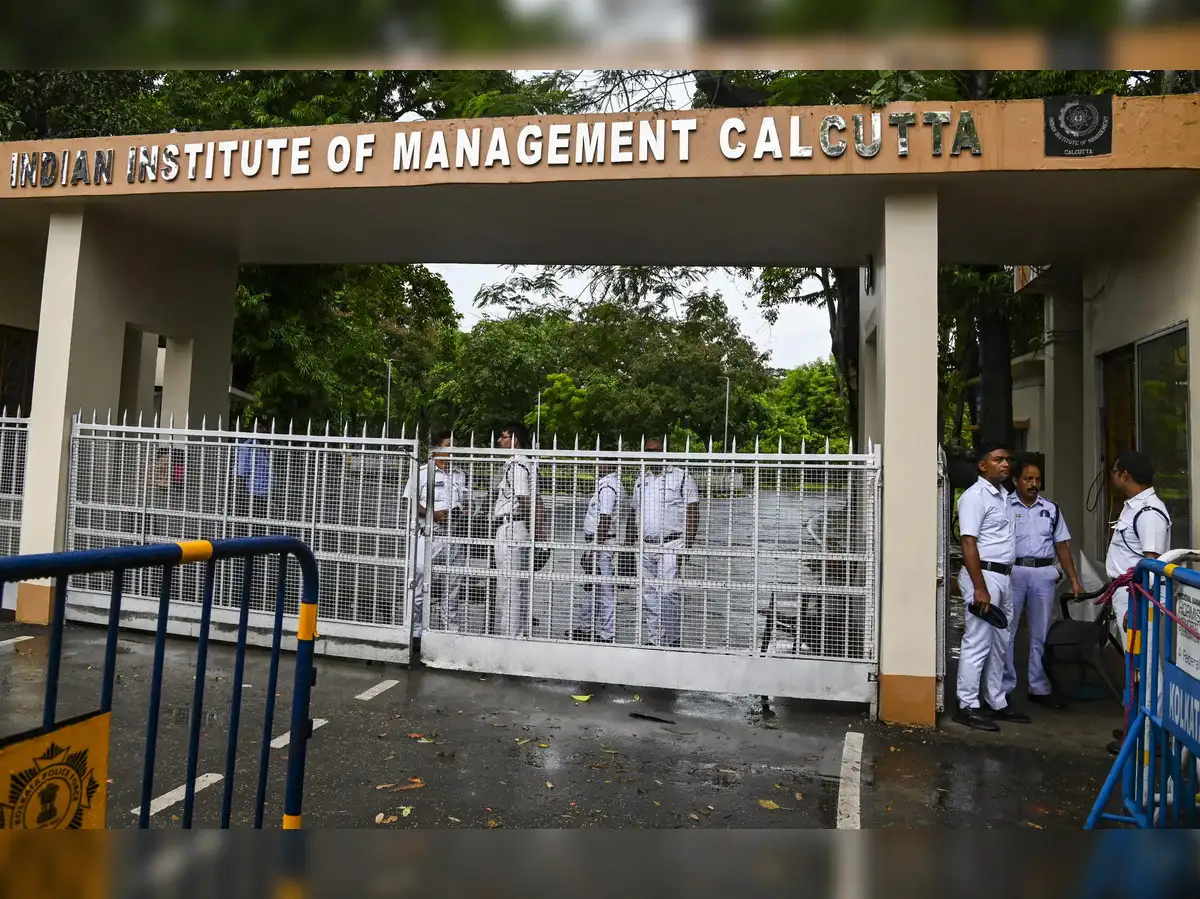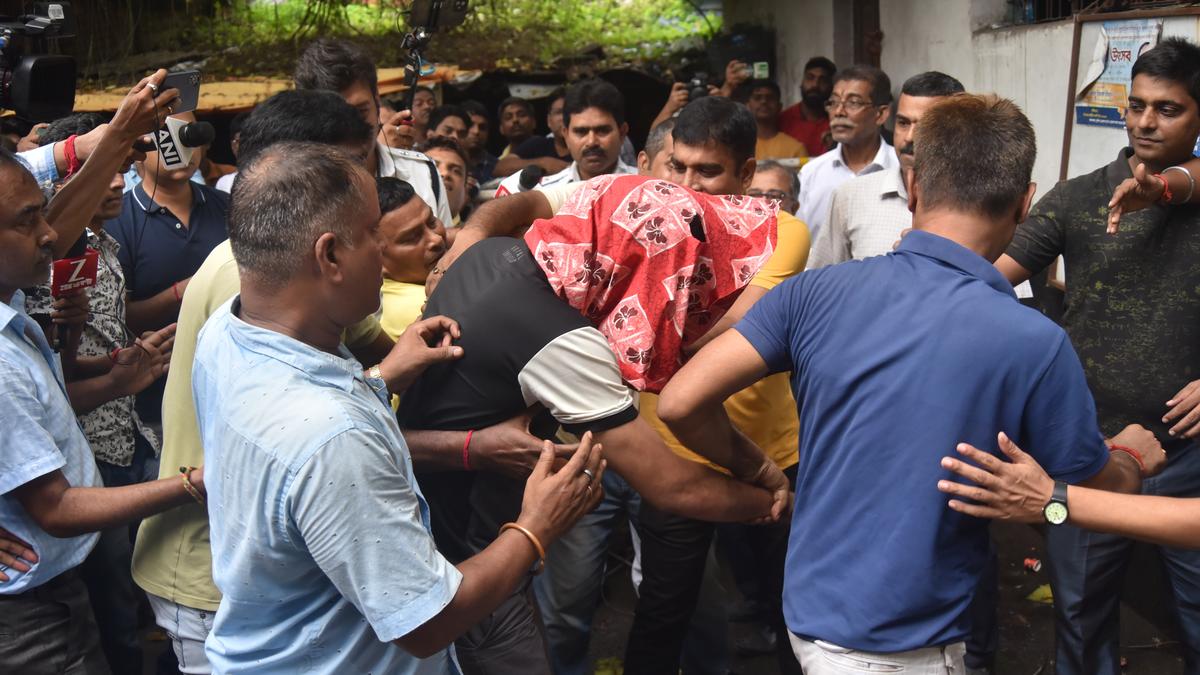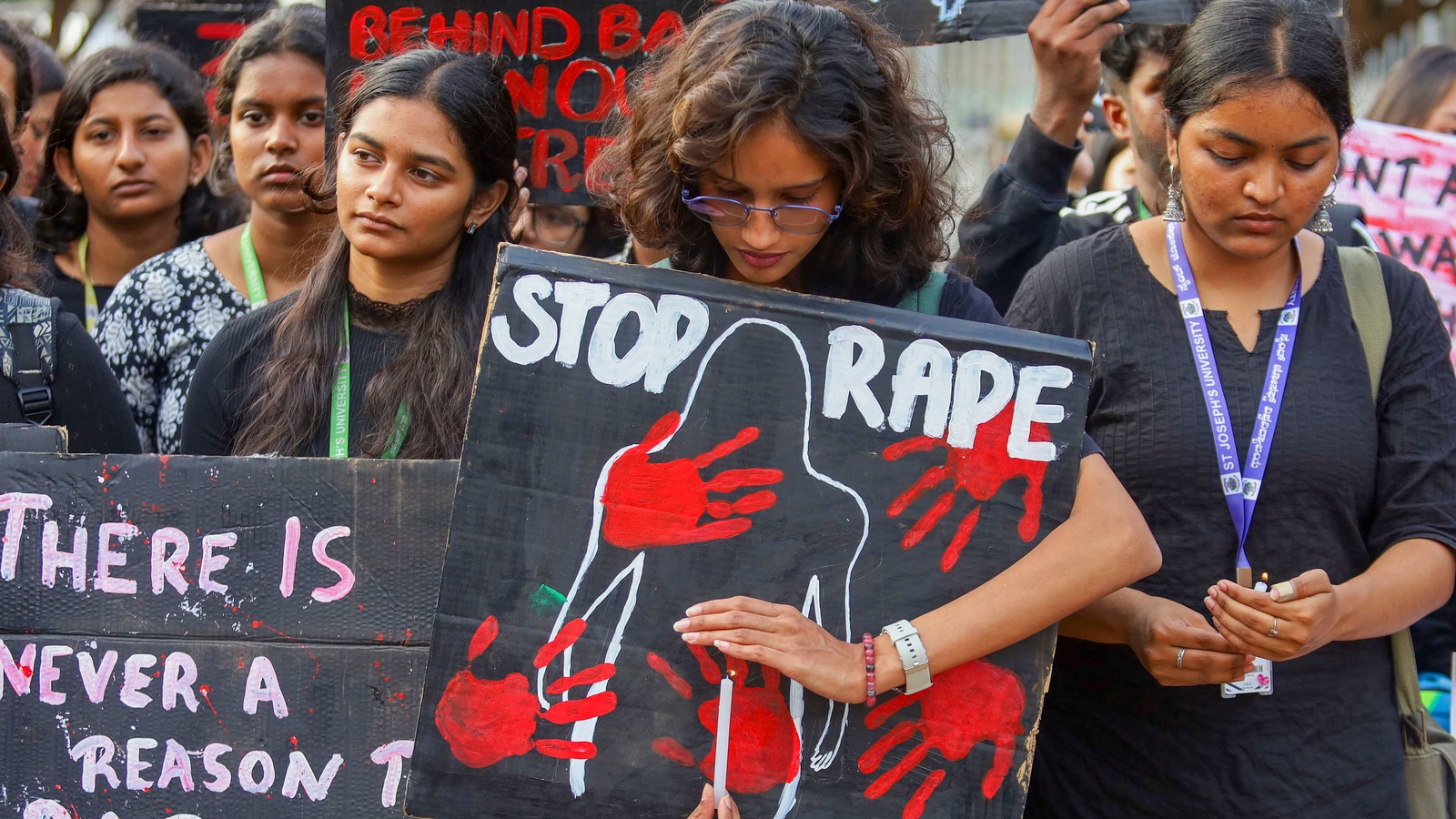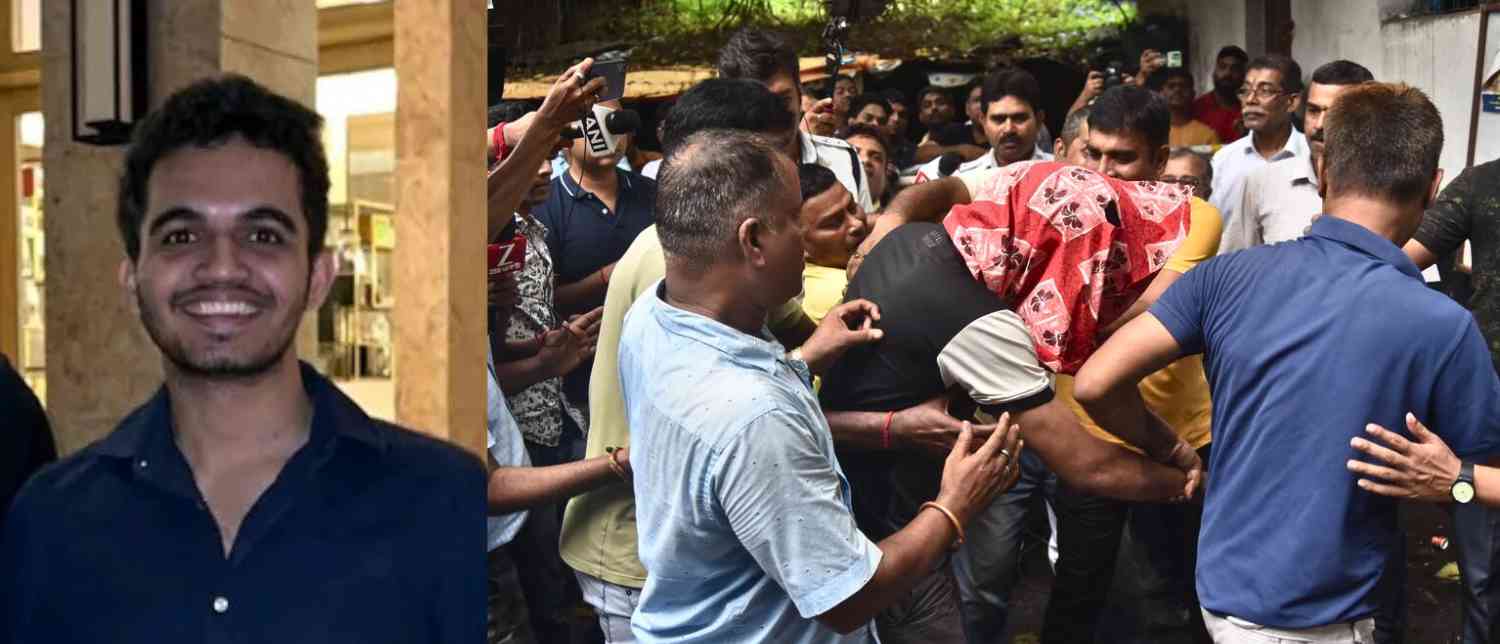The Indian Institute of Management Calcutta (IIM-C) is currently facing growing concern and public debate following a serious incident on its campus, involving a rape accusation against a second-year student. After being arrested on the charge of allegedly raping a woman inside the Lake View Hostel on the IIM-C campus, the accused student, Paramanand Mahaveer Toppannawar, was later granted bail. The institute has now allowed him to attend classes but barred him from staying in the campus hostel, a decision that has sparked widespread outrage and discussion about campus safety and justice.

The incident reportedly occurred on July 11, when the survivor, who identified herself as a counsellor unaffiliated with the institute, was allegedly invited to the boys’ hostel for a counselling session. During this visit, she alleged that the accused spiked her drink and sexually assaulted her while she was unconscious. The survivor filed a complaint at the Haridevpur Police Station which led to the arrest of the student. Subsequent investigations also uncovered concerns about security breaches, including the survivor’s access to the boys’ hostel without proper registration and evidence of misuse of the hostel room where the accused stayed.
Following the arrest, the IIM Calcutta academic council met to decide on the accused student’s future on campus. Acting on legal advice, they decided he should be allowed to resume classes starting July 28 but should not be allowed to stay in the co-educational hostel where the incident happened or reside on campus until the investigation concludes. The institute cited safety concerns for other students, particularly women, leading to the exclusion from hostel accommodation while permitting access to academic facilities like the library. There is also ongoing consideration of granting him compensatory attendance for the days missed during his custody.

This decision has intensified the debate over how educational institutions handle such sensitive cases. Many students, faculty, and members of the public have expressed outrage, feeling that the accused continuing classes on campus may pose risks or discomfort, especially given the nature of the allegations and the location of the incident. At the same time, others stress the importance of upholding legal due process, noting that the accused, having been granted bail, is presumed innocent until proven guilty in court. The institute has maintained a neutral stance by adhering closely to legal counsel and police investigation progress while trying to balance fairness, students’ rights, and safety concerns.
Campus safety remains a critical issue highlighted by this case, especially since it comes just weeks after another horrific incident—the gang rape of a law student on a different Kolkata campus—that led to protests demanding improved security measures in educational institutions. The repeated nature of such incidents in academic environments has renewed calls for stricter enforcement of safety protocols, better surveillance, and more sensitive handling of survivors' complaints. The police are reviewing security camera footage and examining institutional protocols on visitor registration and hostel access to prevent such incidents in future.
_1753768705.webp)
From a broader perspective, this situation places educational institutions in a difficult position: balancing the rights and rehabilitation of the accused with the paramount concern of ensuring a safe atmosphere for all students, especially women, on campus. While legal procedures must be followed for justice, campus administrators face immense pressure to implement preventive and protective measures to restore trust among students and parents. The IIM Calcutta leadership has stated that they maintain zero tolerance for sexual violence and remain committed to upholding a safe, respectful, and dignified environment for everyone while cooperating fully with law enforcement.

In conclusion, the case of the IIM Calcutta rape accusation and the decision to permit the accused to attend classes but bar hostel residency reflect the complexities involved in handling such serious, sensitive matters in academic settings. It reveals the urgent need for ongoing reforms in campus safety, clearer policies for handling allegations, and thoughtful communication to address the concerns of all stakeholders. The situation is a reminder that institutions must continuously work towards an environment where students can pursue education without fear while ensuring fairness and justice through proper legal and administrative channels.
With inputs from agencies
Image Source: Multiple agencies
© Copyright 2025. All Rights Reserved Powered by Vygr Media.






















